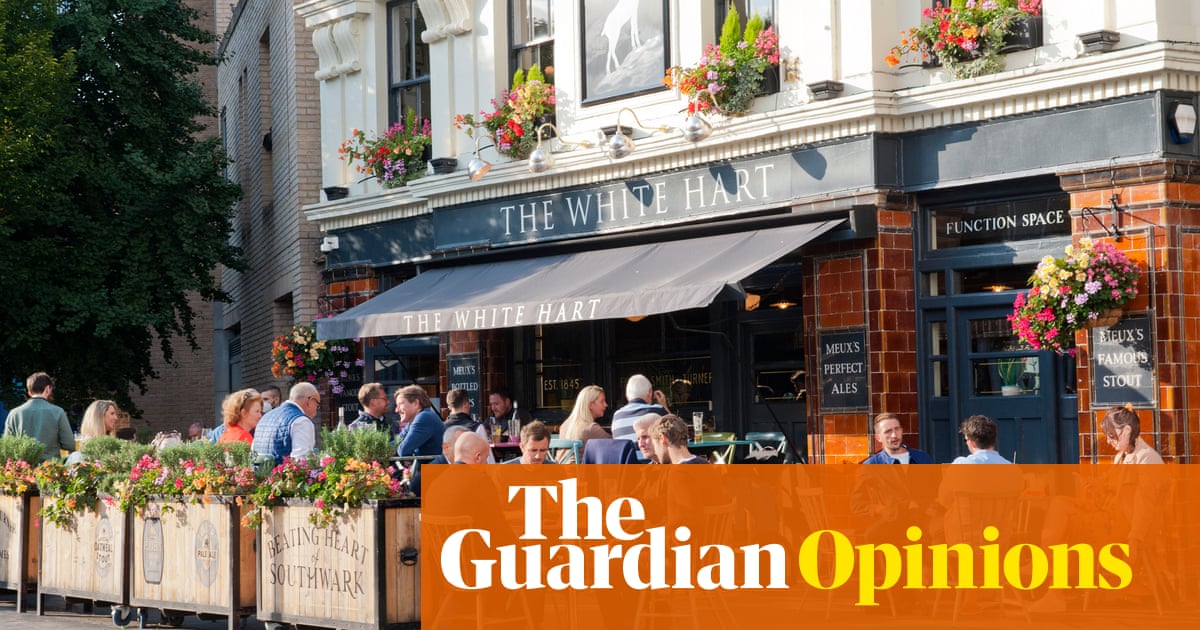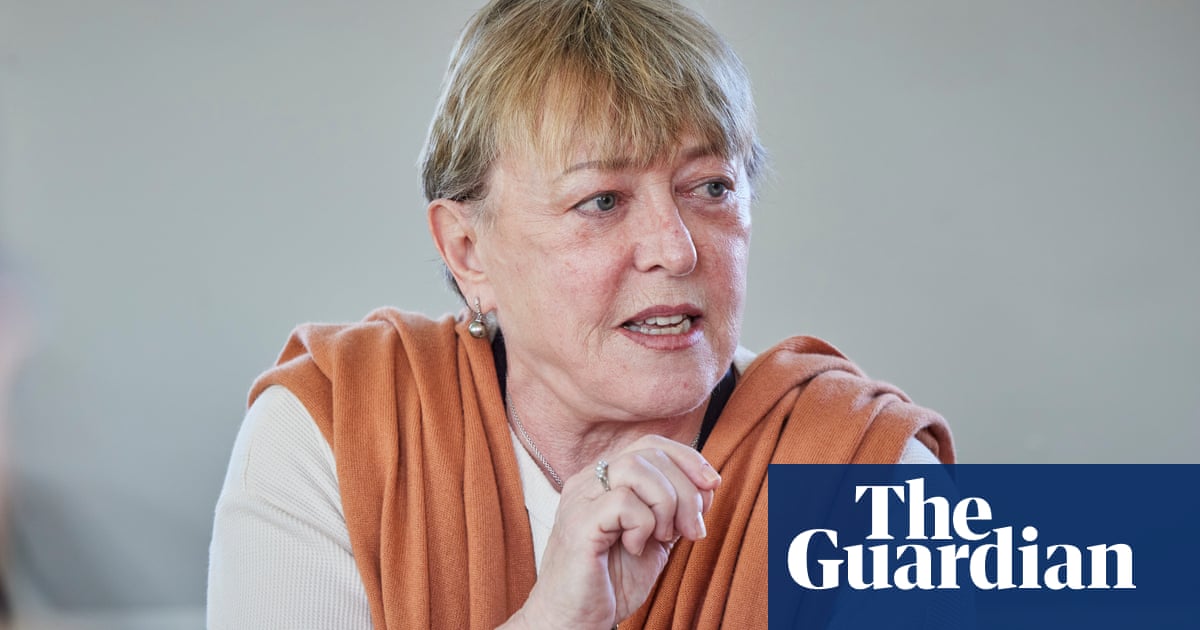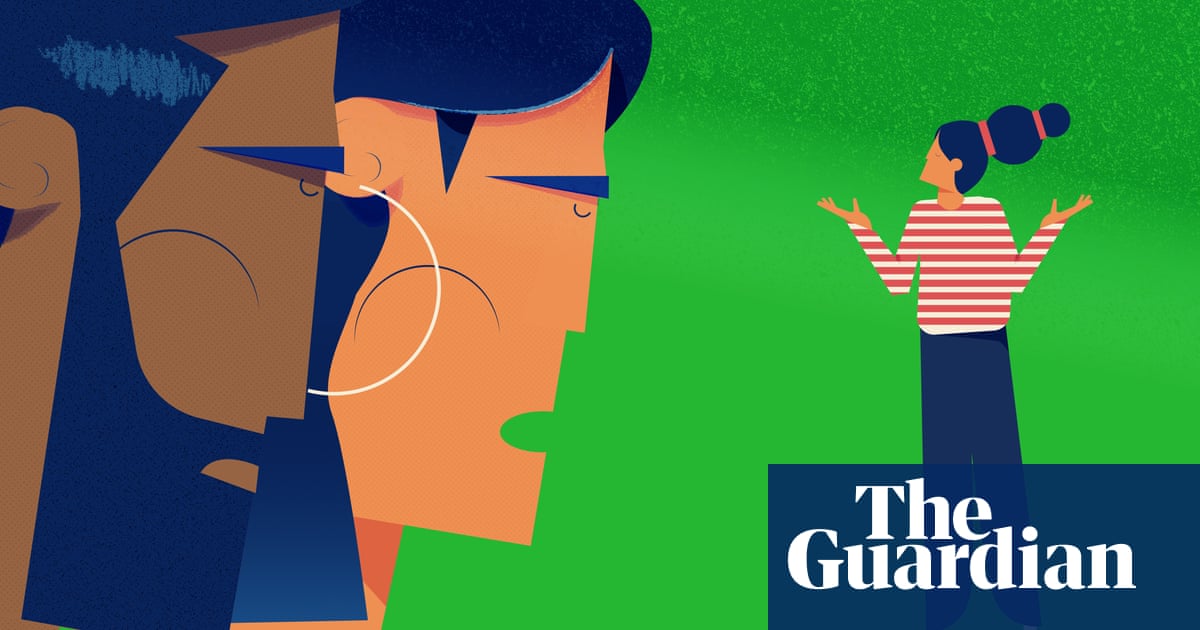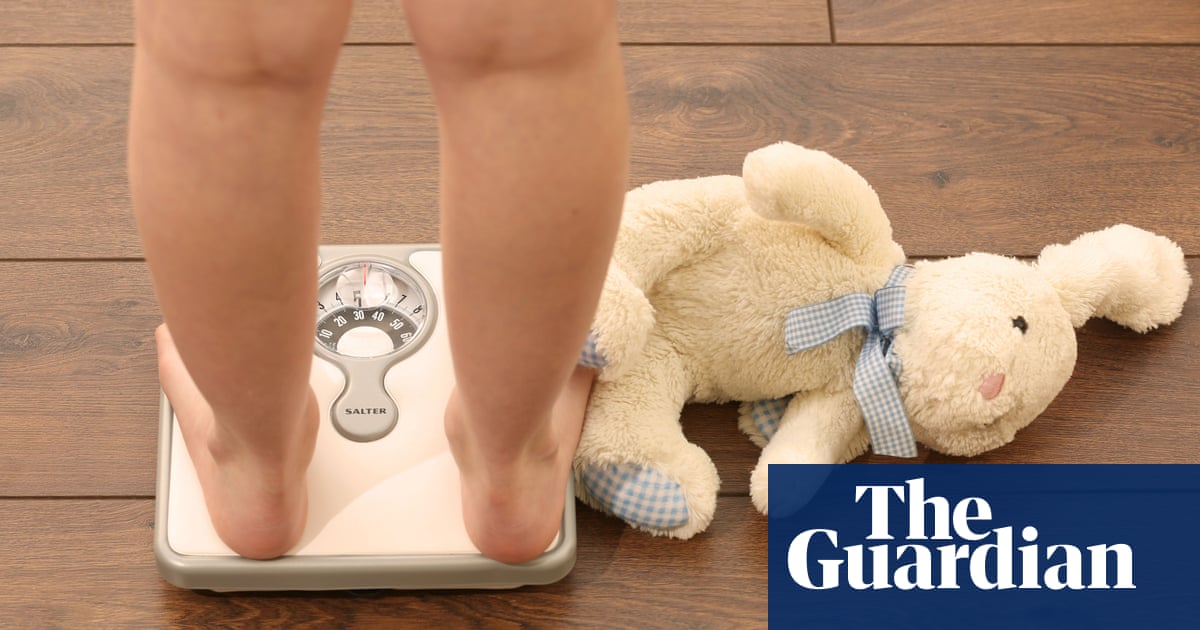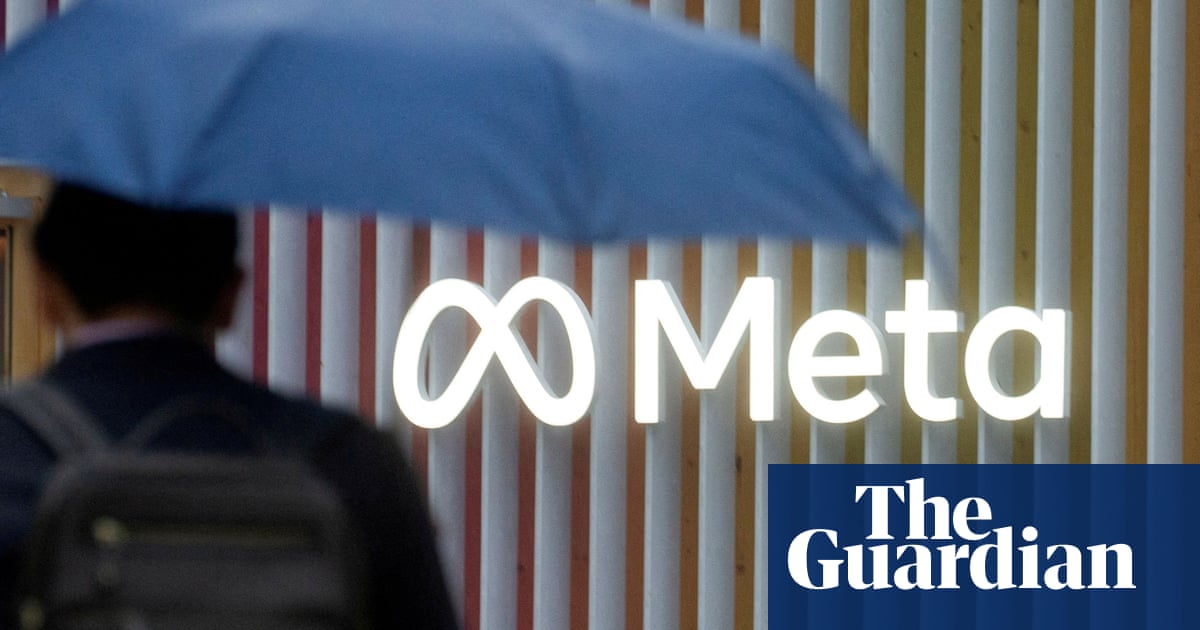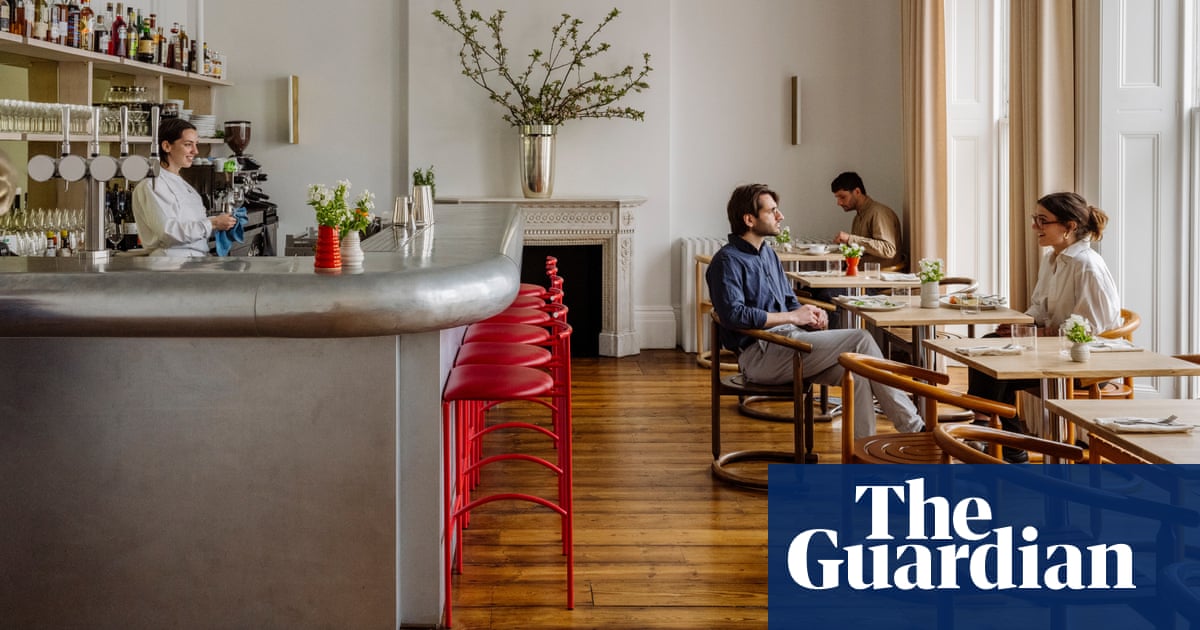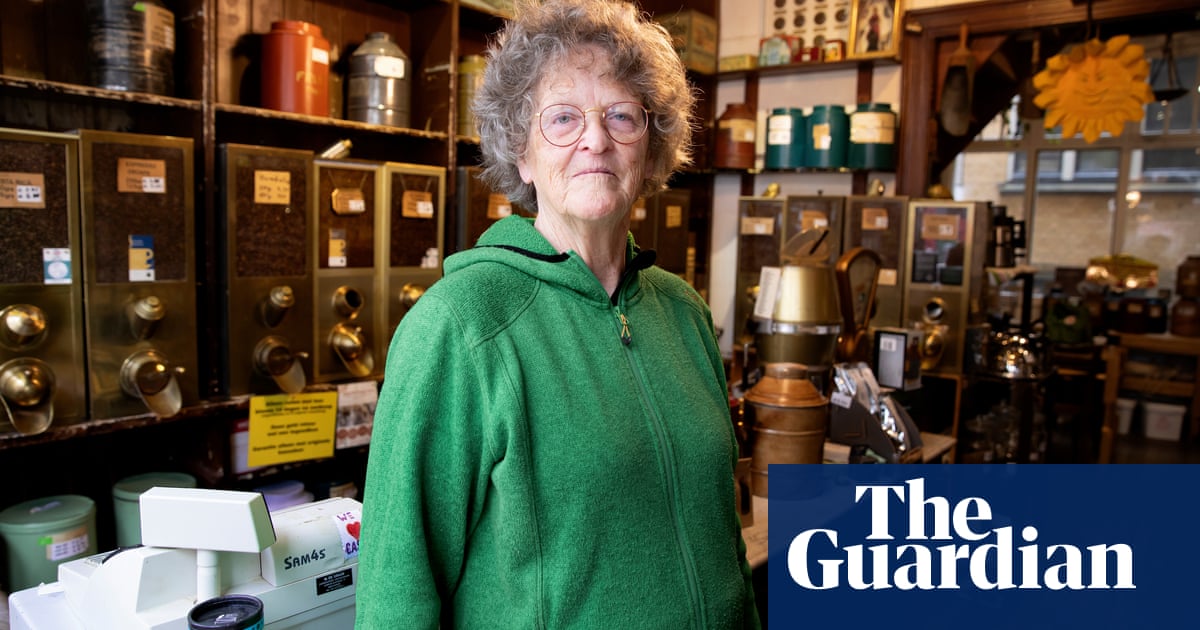Think back to your school days. At lunchtime, where did you sit? Did you take advantage of the smorgasbord of kids to find someone new and expand your horizons? Probably not. But that’s what Kate Freston advises you do when eating with other people. She’s a veteran of dining at Castlemaine’s Community Lunch – which attracts up to 150 people every Tuesday during school term time.
“I used to do a quick scan around the tables and think, ‘Oh God, I hope I don’t sit next to a dud’,” she says sheepishly. “And then, you’re like … maybe I’m the dud! Now, I really like how this crosses over into general life. You may have had a chat with 80-year-old Margaret, then you see her down the street and you may give a little wave and have a little chat.”
Freston, a community access worker who lives with her teenage son, had been missing the communal eating she’d experienced when travelling overseas, such as in Ghana where she stayed with local families. “It was beautiful, this simple act of fostering closeness with people,” she says. “I thought, why don’t I do that here? But I guess lifestyles and schedules get in the way.”
Sharing meals is the one of the best things we can do for our wellbeing, according to a report released last month. The World Happiness report 2025, based on a Gallup poll of more than 150,000 people from 142 countries and territories, found that people who dine alone have the lowest life evaluation rating globally compared with those who regularly share a meal, who are happier.
The benefits don’t just come from breaking bread with the townsfolk: the World Happiness report focuses on eating with people we know, which may mean friends, family or housemates. According to the report, sharing meals “has a strong impact on subjective wellbeing – on par with the influence of income and unemployment. Those who share more meals with others report significantly higher levels of life satisfaction and positive affect, and lower levels of negative affect. This is true across ages, genders, countries, cultures and regions.”
Growing up, my family only ate together once a week and we all brought a book to the table, thinking that more interesting than conversation. By contrast, my boyfriend is the youngest of seven, and all nine family members were expected to take turns telling a story while squabbling over the potatoes.
Family time
Freston’s background is more like mine. “Growing up, we were pretty much forced to eat at the table, but it wasn’t like in movies. It was more ‘You’re not getting down until you finish.’ So when we got older and could rebel, we’d just eat dinner on our lap watching TV,” she says. “Now, unfortunately, my son and I don’t eat much together because we’ve got different schedules. I think not having grown up with eating at the table being a happy occasion, I’ve never tried to instil it.”
Parents risk getting burnout if they worry too much about getting bums on dinner table seats every day, says Dr Georgia Middleton. A research fellow at Flinders University’s Caring Futures Institute, Middleton focusses on the social and cultural aspects of food. She thinks it’s fine to have a few meals a week that are a means to an end: getting everyone fed and back to their nightly routines. What she’s interested in is how to encourage families to share a few meals more intentionally.
“A kinder and more beneficial way to go may be having one or two meals a week where you sit down together, with the intention of connecting with each other, connecting over the food you’re eating, communicating, sharing and bonding,” she says. “The meal may be messy, it may not be perfect, but you will have spent some dedicated time together as a family.”
According to the World Happiness report, Australians share, on average, 8.5 meals per week with people they know (about 50% of our lunches and 70% of our dinners), ranking well above people in the UK and US. While the connection is strong, the report says “there remain vast gaps in our understanding of the causal dynamics” – that is, it is not yet clear whether eating together improves subjective wellbeing and social connectedness or vice versa. Nevertheless, when it comes to the strength of the association between sharing meals and wellbeing, Australia is one place where this association is the strongest – although more research needs to be done to ascertain why.
“My conjecture is that in countries where individualistic culture is strong, social rituals that bring people together might be particularly important for people’s wellbeing,” says Alberto Prati, one of the authors of the report and an assistant professor in economics at University College London.
Middleton says other research has indicated that prioritising personal dining preferences is more prevalent in more individualistic countries such as the US and the UK, compared with European countries such as France, Italy or Switzerland where tradition and eating together are more important. “I would say that [Australia is] a bit of a hybrid between the two, perhaps heading in the direction of more individualisation, but not quite to the same extent as the US and UK,” she says.
Living alone
But we are living more individualised lives. Single-person households are on the rise in Australia, with the 2021 census showing an increase from 18% in 1981 to 26% in 2021. Castlemaine Community Lunch is not the only initiative designed to bring together people – living alone or not – at a social meal. An hour down the Calder Freeway in Melbourne there are regular Free to Mingle events with conversational prompts and craft activities. The Chatty Cafe scheme is an initiative where venues across the country can offer “have a chat” tables for anyone wanting to drop in and connect with other people. Club Sup holds big dinner parties for strangers in Sydney and Melbourne, expanding the “orphan’s Christmas” idea into something all-year round.
after newsletter promotion
So what am I waiting for? Like Freston, I live in Castlemaine, and despite it being a culturally buzzing small town, I’ve resisted diving headfirst into the community. It’s that avoidant gene: what if you commit and then can’t escape?
Retired school principal Vic Say, who says he is shy and an introvert, reckons it’s fine to just dip a toe in the water. “Community Lunch is valuable in being with people without necessarily having to be madly social,” he says. “As somebody who’s lived on my own for the past nine years, it creates a punctuation mark in the week.”
“The food is always fabulous and very healthy and contains a lovely range of ingredients that I wouldn’t have at home,” he says.
Using donated ingredients, chef Duang Tengtrirat creates a vegetarian main, two salads and a dessert each week. That makes sense – it’s likely that by sharing meals we will benefit from better nutrition. If I’m on my own I’m liable to crack an egg over instant rice to save time and money. Reviewing the literature about shared meals, the World Happiness report researchers found that adolescents who ate more meals with family members had “better diet and nutritional habits, lower levels of obesity, fewer eating disorders, and greater academic achievement”.
Having settled at a trestle table with my bean bake, I suss out the room. The lunch is attended by a broad demographic, most of whom are chatting, but there’s no pressure. Freston had even advised me I could bring a book if I wanted – better than scrolling a phone, in her view.
“Anyone sitting here?” a woman asks, hovering next to me.
“You are,” the woman opposite says with a smile. I was about to say that.
As is human nature, I impose an entire backstory on to the woman sitting opposite, but all my preconceptions explode five minutes into our conversation. By the end of the lunch I have to admit to myself that one advantage of being a journalist is the privilege of having intense conversations with strangers but it turns out you can do that even when you’re not on the job.
That night, I take a leaf from the book of my boyfriend’s family. When we sit down for dinner, he and I see who can tell the best tale from the day.

 11 hours ago
16
11 hours ago
16

